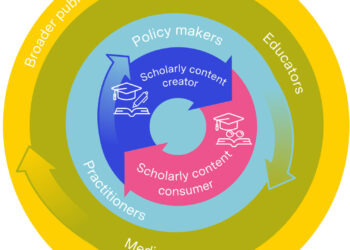David Pogue just published a post on the New York Times that quotes at its heart the statement, “Information wants to be free.” In the post, he notes that he’s pretty conflicted over the issue, and takes solace in the fact that because most of his income comes from books printed in physical form, digital copies are not quite the concern for him (yet) that they are for music and movie companies and artists.
“Information wants to be free” is often thrown down as a prescient quote we all have to heed. Yet, if you read the entire quote, you realize how prescient its originator, Stuart Brand, truly was:
On the one hand information wants to be expensive, because it’s so valuable. The right information in the right place just changes your life. On the other hand, information wants to be free, because the cost of getting it out is getting lower and lower all the time. So you have these two fighting against each other.
David Pogue has it precisely right. He’s feeling the tension. We all are. And we’d better get used to it, because it’s going to be with us from here on out.
Discussion
2 Thoughts on "Information Does(n’t) Want to Be Free"
Brand has several versions of the quote you cite. One of my favorites captures the essence of the tension between free and expensive information:
“Information Wants To Be Free. Information also wants to be expensive. Information wants to be free because it has become so cheap to distribute, copy, and recombine –too cheap to meter. It wants to be expensive because it can be immeasurably valuable to the recipient. That tension will not go away. It leads to endless wrenching debate about price, copyright, ‘intellectual property’, the moral rightness of casual distribution, because each round of new devices makes the tension worse, not better.”
Brand, S. (1987). The Media Lab: inventing the future at MIT. New York: Penguin Books p.202)



